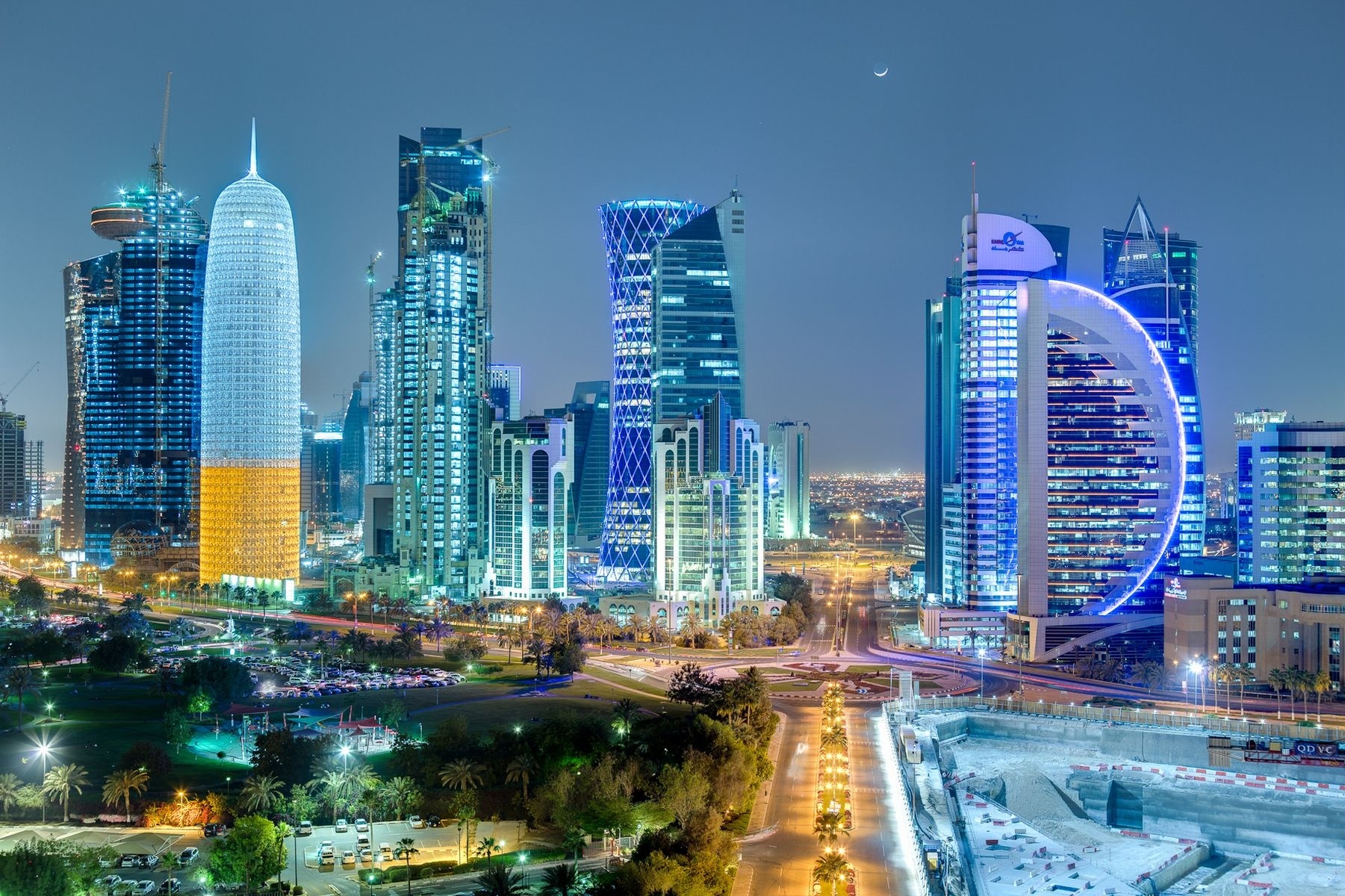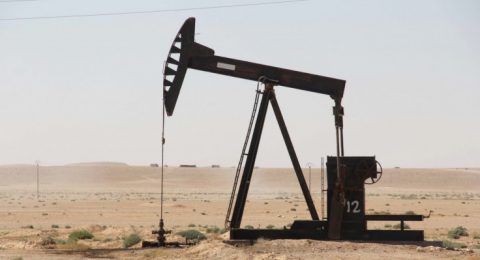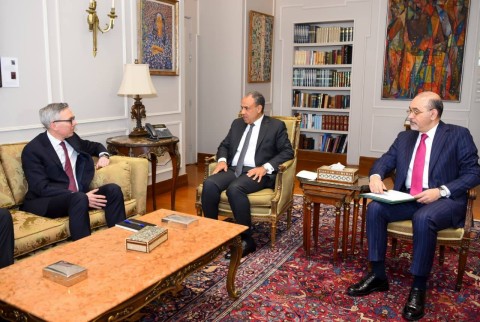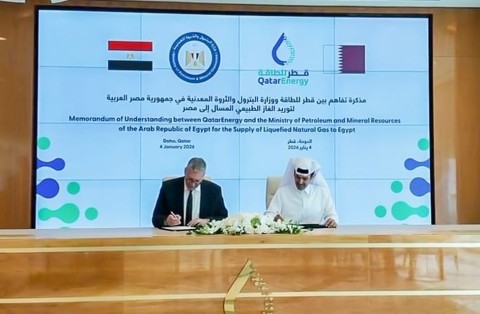A proposal by Qatar’s Investment House for a 750 million riyal (Dh734 million) flotation of an agricultural firm has been shelved by regulators, while investment in Qatar is slowing generally because of weak oil prices, Investment House’s chief executive said.
Investment House is a private Qatari investment bank that is 87% cent owned by Qatar Investment and Projects Development Holding Co (QIPCO), a local investment group.
Late last year the firm proposed an initial public offer (IPO) for a planned company that would produce chickens, a commodity which is mostly imported into the tiny desert state.
The 750 million riyal initial public offer would have raised half the money needed for the project, while the other half had been obtained from other investors, Hashem Al Aqeel said in an interview.
“Qatar consumes about 89 million kilogrammes of chicken a year and only produces six million kilogramme — the rest is imported, so having this kind of project here is a huge step towards food security,” he said.
Now, however, the government has put the IPO on hold, he said. He declined to comment on the reason behind that decision or say when the project might proceed.
In general, many investment projects in Qatar have slowed since oil prices began to plunge last year, Al Aqeel said. Qatar is the world’s top natural gas exporter, and gas prices have been dragged down by the decline in oil.
“The lower oil price is affecting Qatar — we are seeing a slowdown in the rate of investment here in the construction, banking and energy sectors.” In January, state-run Qatar Petroleum and Shell said they had decided not to proceed with their $6.4 billion (Dh23 billion) Al Karaana petrochemical project in Qatar. Construction had not yet begun.
Aqeel said most projects that were not related to Qatar’s hosting of the 2022 World Cup soccer tournament were slowing, and that investors were generally waiting to see what happened to energy prices before they committed fresh money to projects.
Qatar government officials have given a more positive picture of the economy; in December the Ministry of Development Planning and Statistics forecast gross domestic product would grow 7.7% in 2015, and senior officials have said key economic projects will not be cut back.
Qatar’s huge fiscal reserves mean the government can continue spending heavily on the economy for years even if its oil and gas revenues have shrunk.
However, Aqeel said banking system liquidity in Qatar was beginning to suffer. “From initial indicators you can see that deposits are lower so far this year, which will result in banks having less liquidity to lend, and the loans will have a higher interest rate.” The latest central bank data shows total deposits at commercial banks in Qatar fell to 553 billion riyals at the end of December from 560.4 billion riyals in September, though they were up 7.4% from a year earlier.
This year, Investment House will focus on projects involving the purchase of properties and warehouses in Europe that have high returns, in addition to projects in Qatar’s education and health-care sectors.
“I expect this slowdown will last a couple of years, and when things are slow, good sectors in invest in are health care and education.”
Source: Gulf News












